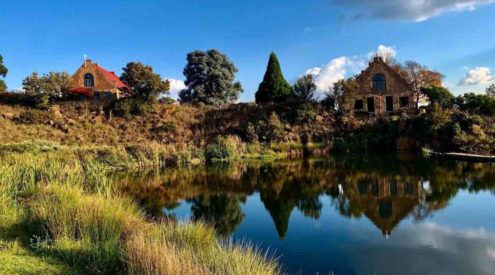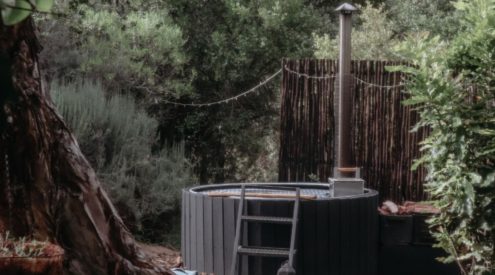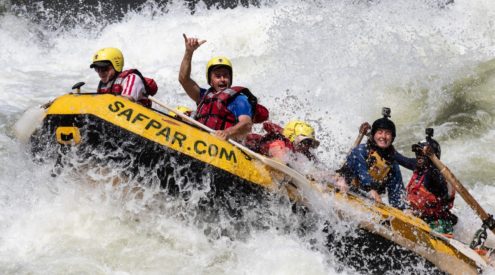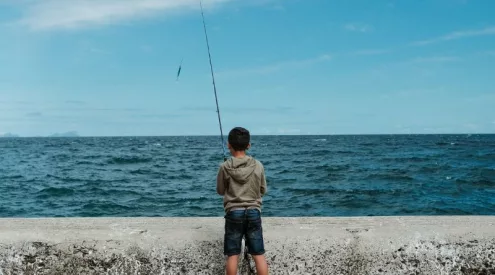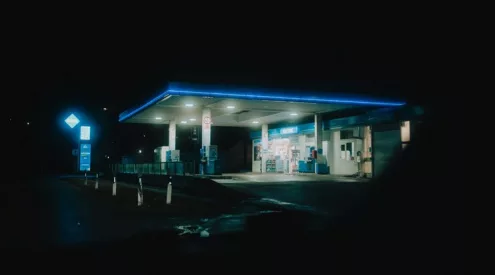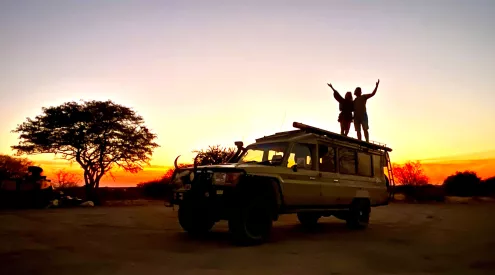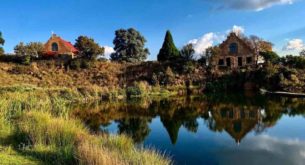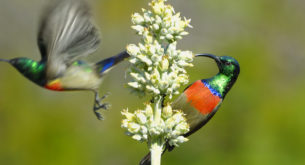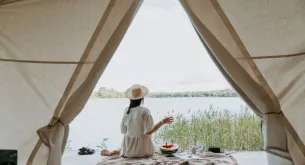Three critically endangered African White-backed Vultures have been released back into the wild following their successful rehabilitation. Ezemvelo KZN Wildlife, Wildlife ACT, and Raptor Rescue, through the Zululand Vulture Project, are working tirelessly to protect all of KwaZulu-Natal’s vulture populations. The Zululand Vulture Project, a subsidiary of Project Vulture, is a great example of collaborative efforts to make conservation possible in the province.
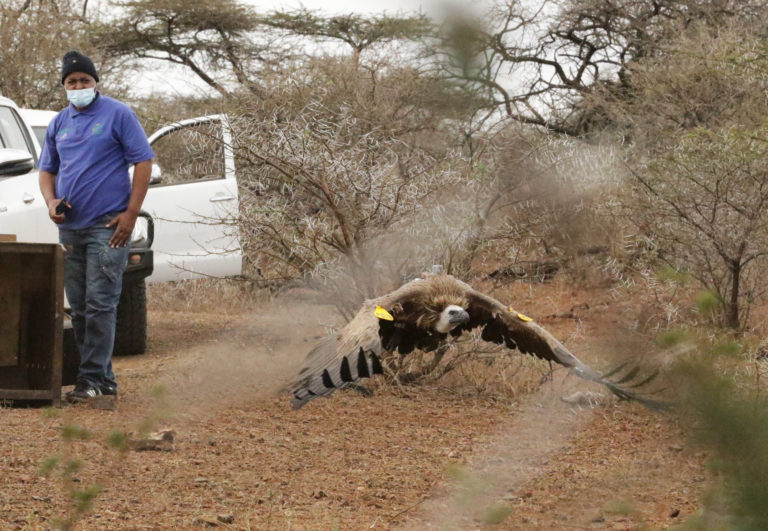
Africa’s iconic vulture populations are an integral part of a functioning ecosystem. These incredible scavengers are remarkably efficient at disposing of rotting carcasses and reducing the spread of disease amongst the wildlife, livestock, and humans. Without the presence of vultures, carcasses will remain exposed to the environment for weeks. The resultant build-up of extremely harmful diseases and bacteria such as anthrax, botulism and rabies have an impact on not only our wildlife but humans as well. Vultures, therefore, play a critical role in abating the ever-increasing global risk of pathogen spillovers to humans.
Vultures are experiencing rapid declines and most species are now at risk of extinction. The IUCN Red List of Threatened Species currently classes 39% of vulture species as critically endangered (IUCN 2017). KwaZulu-Natal has significant populations of vultures, with the Zululand Vulture project focusing on the tree-nesting species, including White-headed, African White-backed and Lappet-faced Vultures. These species are listed as critically endangered and endangered respectively (IUCN 2018). Poisoning is the primary threat facing these birds in KwaZulu-Natal, as they are targeted for their body parts which are highly sought after in local traditional markets. Population declines have been reported across much of KZN. This use of poisons by poachers can wipe out huge numbers at once and, since 2001, almost 70% of breeding pairs in this northern KZN breeding cluster, have vanished.
These three African White-backed Vultures were recovered from isolated poisoning events which, once again, indicates how prevalent this crisis remains. The Zululand Vulture Project’s rapid response unit rescued them from the field and transported them to Raptor Rescue to commence the rehabilitation process with the purpose of releasing them back into the wild.
‘As the provincial conservation agency, Ezemvelo is mandated to conserve these majestic species, and responding to poisoning events is paramount if we are to address one of the key threats facing these species in the province. Working with our partners is critical if we are to ensure that the African skyline is never void of these iconic species’ said Brent Coverdale, Ezemvelo’s Mammal and Bird Scientist.
‘Vultures face many threats – poisoning is just one of them. Wildlife ACT and Ezemvelo are working hard to minimise and reduce these threats to ensure that the important role they serve within the ecosystem, is not lost. The crucial ecosystem services that vultures provide in our environment are grossly underestimated and go largely underappreciated. We are currently experiencing the fallout of a global pandemic, a result of mankind’s increased pressure on the environment and we can only imagine the catastrophe if these magnificent birds were removed from the ecosystem’ added Chris Kelly, Wildlife ACT Director of Species Conservation.
On Saturday, 21 August 2021, the next chapter in the recovery of these 3 birds was kicked off with their release in Ezemvelo’s Phongolo Nature Reserve, Northern KZN. Each bird was equipped with a GPS backpack and wing tags, which will help the Zululand Vulture Project maintain a close eye on the birds’ movements and behaviour. Post-release monitoring is vital for understanding the full success of these rescue and recovery operations.
Having been given the best chance of survival, one by one, these rescued vultures were set free to soar once more in Zululand’s open skies.
To donate towards the essential work being done to protect and conserve vulture species, click here.

